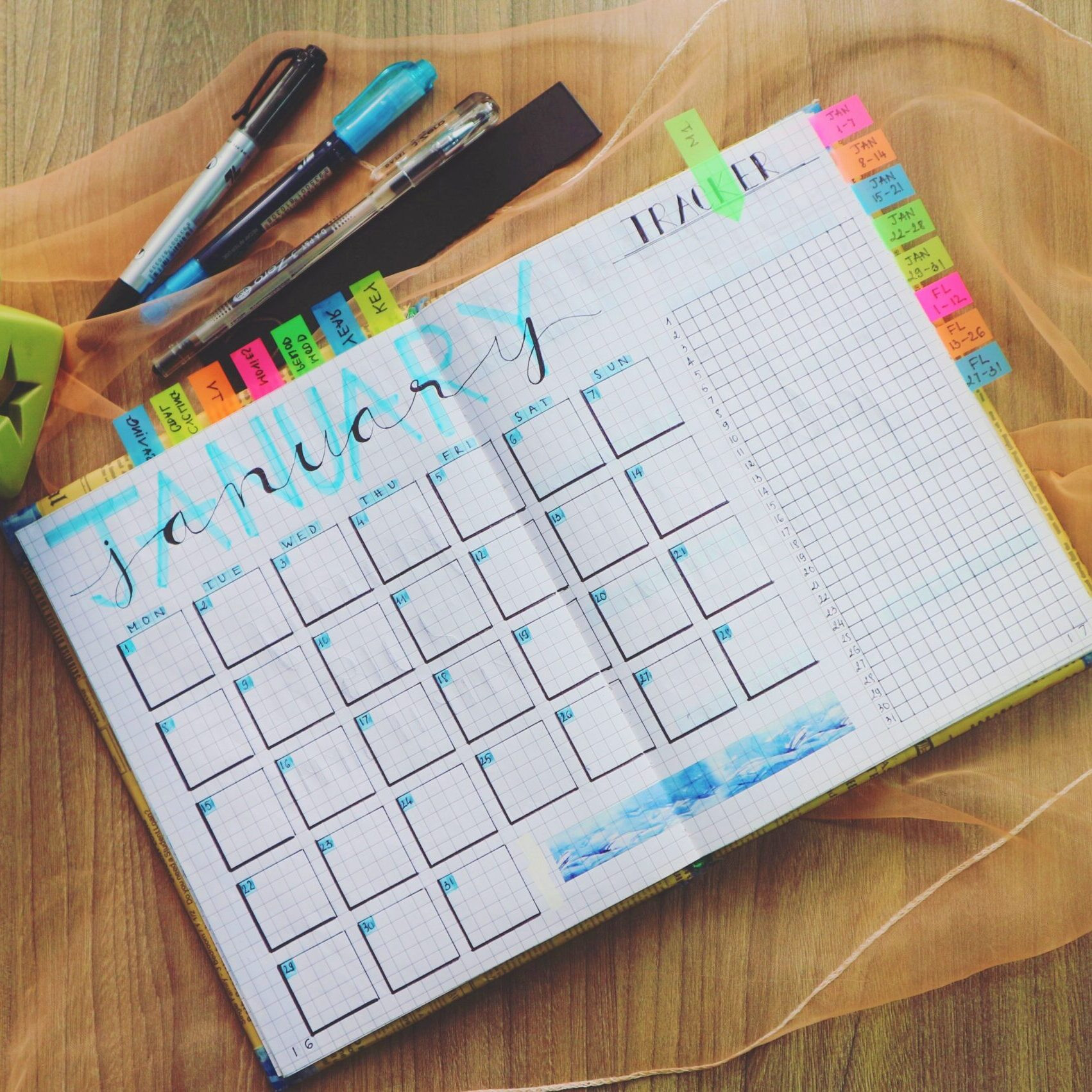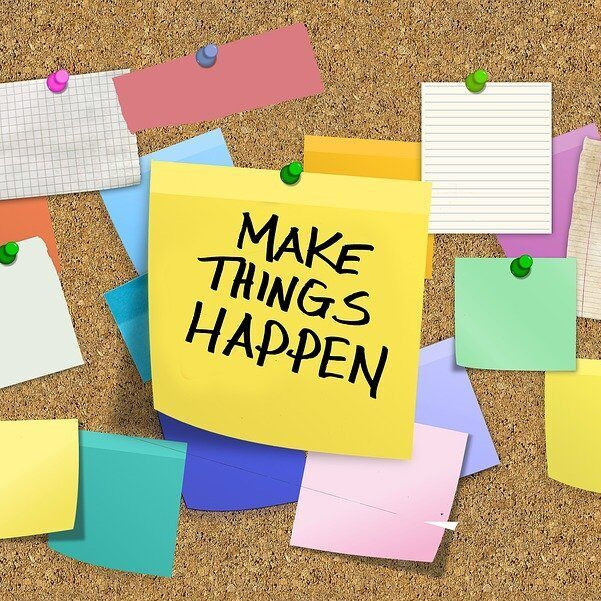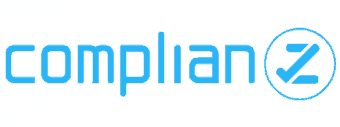How I get it done – finding balance and managing time as a working mom
I recently returned to The Reis Group after maternity leave. As a mother of three kids under the age of five and a Managing Supervisor at TRG, I juggle many roles in my personal and professional life.
As I’ve transitioned back to work, I’ve been reflecting on how we get it all done, as PR professionals and human beings. Regardless of what stage you’re at in your career, or whether you have kids or other dependents at home, managing your time and energy effectively is essential to success and overall happiness. While it usually seems impossible to attain that perfect balance between work and home, there are simple things we can do to make our lives more organized, more intentional and more satisfying.
Here are some of the best pieces of advice I’ve received from some well-balanced friends and role models over the course of my career that I’ve been reminding myself as I transition back to being a working mom:
Make your bed in the morning.
I’m proud to be married to an active-duty service member. While his military training has taught him many things, including how to fly a plane, one of the most impactful things it has taught him is to make his bed in the morning – every morning, no matter what. There is something powerful about starting off your day in this small, intentional, disciplined way. You set the tone for the rest of the day and no matter what happens, at least you’ve made your bed!
Learn the difference between what is urgent and what is important.
To successfully manage your workload, you need to understand the difference between an urgent task and an important one. Especially in the fast-paced world of PR, every incoming email can seem like a potential fire drill. We are inundated with client demands, a chaotic news cycle and near constant social media notifications, which means you need to get an ironclad grip on what’s important and what’s truly urgent so that you can prioritize your tasks and deliver on client goals. The same rule applies for your personal life and your relationships. Know what is really urgent and what is only important.
Here is a Harvard Business Review article, about the “Eisenhower Matrix,” a useful tool you can use to plot your tasks and help you visualize urgent vs. important.
Make a plan and work your plan.
My mom, who raised five kids while starting her own interior design business, reminds me of this whenever I’m feeling overwhelmed and stressed out – and it applies to every aspect of your life. From weekly meal planning to managing a complex client project – make your plan and then work that plan, one step at a time. At work, online project management tools can be helpful in breaking down bigger projects into manageable steps and visualizing the full scope of a project.
Take breaks!
No one is a robot. Breaks are important. We need fuel, fresh air and mental breathing room. This recent Harvard Business Review article, points out a key distinction: we have only a finite amount of time each day, but our energy can constantly be renewed. If we can manage our physical and mental energy better, we can get more done within the confines of our time. Even though it can seem impossible with a busy workload, we must make time to take a short walk. Do some stretching. Build breaks into your day or risk burning out. Still don’t believe me? This Harvard Business Review article spells out the importance of work breaks and how to make them count.
Keep your pencils sharp.
My grandfather, who worked at a New York City advertising agency during the “Madmen” era, used to give this advice. While we may not use pencils very much anymore, the implication is still sound. Present yourself well. Be polished. Spellcheck. In the era of endless distractions, stay focused and know what your goals are – both personally and professionally. Attention to detail really matters in PR and in life – demonstrate that you understand that and success will follow.










